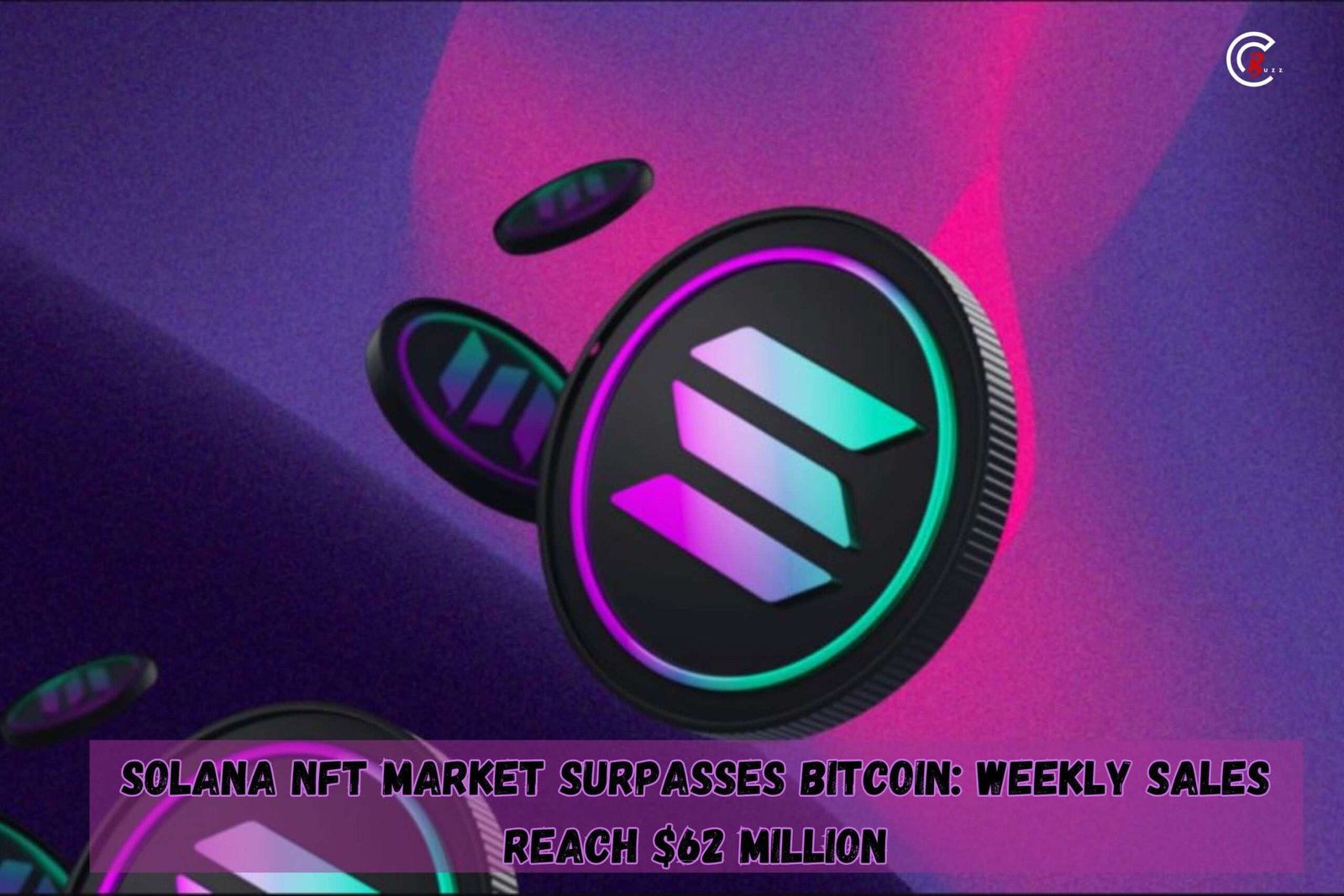Table of Contents
The extensive government scrutiny agreed upon by Binan in its settlement with the US Department of Justice is expected to reshape the exchange, shifting it from being a “haven for anarchic crypto commerce” to a meticulously monitored entity.
This settlement, recognized as one of the most substantial money-laundering agreements in the history of the US Justice Department, includes a record-breaking $4.3 billion fine imposed on the company.
Settlement Mandates Radical Transparency: Binance to Open Books and Share 5 Years of Transaction Records

This heightened level of transparency, mandated by the settlement, compels Binance to open its historical records and actively review transactions spanning from 2018 to 2022. The exchange must file suspicious activity reports (SARs) for any potential violations of US law during this period. The SARs collected will be transmitted to FinCEN, the Treasury Department’s financial crimes division, and disseminated to various law enforcement agencies across the United States.
Unprecedented Access: Describing the ‘Kind of Crazy’ Changes in Binance’s Transparency
The Wired report underscored the unprecedented nature of Binance’s information-sharing with the government, with an unnamed US prosecutor describing the extent as “kind of crazy.”
While the unnamed prosecutor expressed skepticism about the extent of government oversight for a business deliberately avoiding the U.S., Binance’s Chief Compliance Officer, Noah Perlman, conveyed optimism about setting a new compliance standard.
Perlman reassured users that their data’s confidentiality would be maintained, specifying that it would only be shared with the U.S. government and no other parties.
Law enforcement and regulators have welcomed the move, but advocates of financial privacy, including the Electronic Frontier Foundation (EFF), have voiced concerns about wholesale access to user data. The report quoted an earlier EFF statement, saying,
There's no doubt that crypto gaming coins have revolutionised the gaming industry.
— Binance (@binance) December 18, 2023
They offer players new ways to engage with their favourite games, virtual worlds, and much more.
Learn all about them here ⤵️https://t.co/NRec13QNwG
“The fact that the transactions are made through cryptocurrency rather than traditional financial channels indicates that the transactions are more likely to be sensitive and that the person making the transaction may be turning to cryptocurrency precisely because of the privacy protection it provides.”
For any queries and suggestions contact us here.















